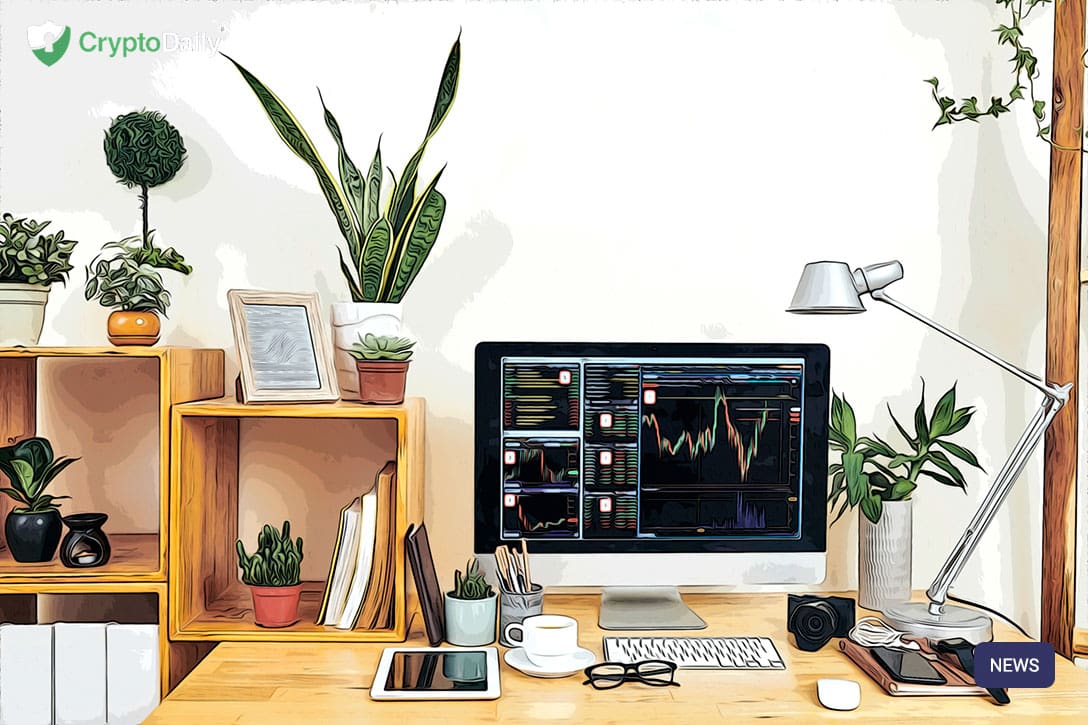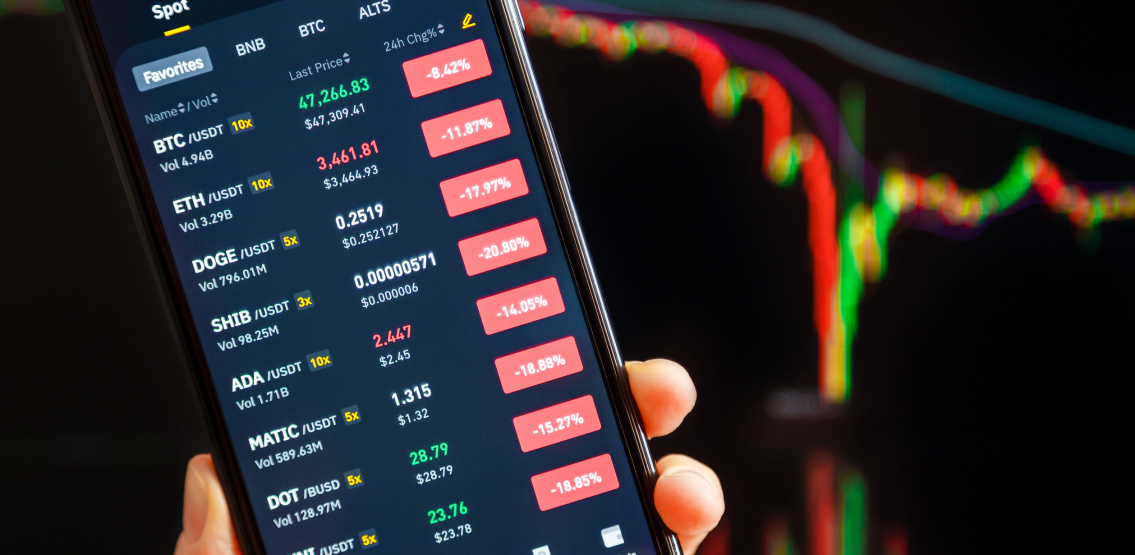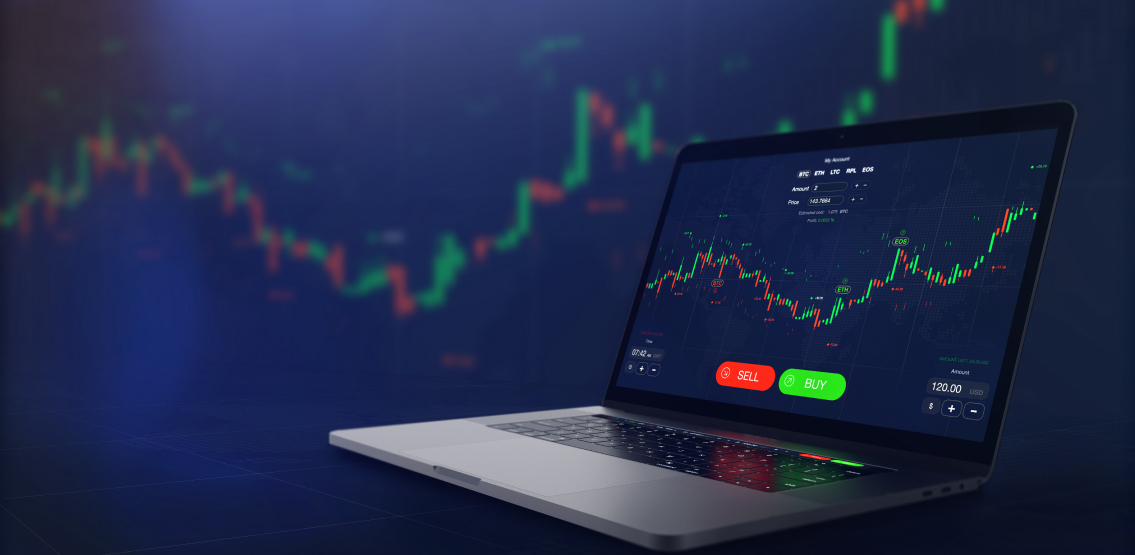Table of Contents
Quick take
1 minute read
- Agency Crackdown and a Move Toward Tighter Exchange Programs!
- Exchanges On the Run!
We're seeing some real enthusiasm in areas of the crypto world right now. For example, Bitcoin's enormous price rises have traders looking eagerly at the future of this and some other coin options.
On the other hand, this is a tense time for the average cryptocurrency exchange. Why? Regulators seem to be ramping up enforcement activities, to crack down on various kinds of exchange practices that leave the door open for money laundering and other kinds of fraud.
Exchanges On the Run
The BitMex exchange has made headlines in the past few weeks.
While individual traders had been calling for BitMex’s head for quite a while, howling of various manipulations, few of us suspected that investigators would now be holding CEO Arthur Hayes in custody, and looking for other top brass to charge with various kinds of banking crimes. Previously, BitMex was a popular exchange with a lot of on-chain activity. It's still being used, but it really has a black eye right now.
However, BitMex isn't the only exchange that's under the regulator’s magnifying glass, and many of these exchanges are working proactively to tighten up their practices. Some of them are already on a government’s target list – for example, we hear of OKEx prosecution and the arrest of Star Xu, and Huobi getting roughed up in China, while the middle kingdom is also cracking down on various OTC traders.
Then there's Binance, often held up as a model for exchange activity in cryptocurrency sectors under the leadership of Changpeng Zhao. Binance is getting proactive about KYC rules, and it’s also shutting off Americans from accessing the platform in order to avoid regulation violation charges in the US. Huobi, for its part, is reportedly funneling some of its activity to Binance to get out from under the Chinese government’s scrutiny.
Stateside, agencies are working toward prosecuting various smaller independent unlicensed crypto businesses. Other governments, like Japan, are also cracking down in their own ways. Japan’s enforcement has been going on for a while. “Major changes are happening in the cryptocurrency space in Japan as new cryptocurrency regulation enters into force today,” wrote Kevin Helms at Bitcoin.com this past April. “Among notable changes are the regulation of crypto custody service providers and crypto derivatives businesses. Japan has 23 regulated crypto exchanges; unregulated platforms have modified their terms of service affecting Japanese residents.”
Why Are People Scared of Crypto?
Tech journalists have spilled a lot of ink explaining the pros and cons of getting active in cryptocurrency over one of these exchanges.
On the one hand, it's a wide-open field with lots of earning potential. Massive interest rates and easy trading are just some of the attractions.
On the other hand, the Wild West that is the cryptocurrency sector can all too easily get too ambiguous for investors and others to keep tabs on. That's part of what's worrying legislators and regulators around the world. There's also the elephant in the room, which is that any kind of digital assets system competes with national fiat currencies that support national economies. You see where this is going…
Then on top of that, there are the frustrations of traders based on a specific network’s functionality. Whether these have to do with flash crashes, stops that don’t work, or any other kinds of proprietary wrangling relative to real-time crypto prices, they are concerns which should be taken seriously.
Safe and Licensed Exchanges
If you're thinking that the story of BitMex and Huobi and OKEx is the death knell for crypto exchanges in general, not so fast. There are still a number of options that traders can use to engaged in cryptocurrency, and even derivatives trading, without risking getting caught up in these massive dragnets.
Coinbase, for example, is putting all of its cards out there to show its transparency and compliance in regulatory environments. Another big mover is Currency.com, where traders can get involved in Bitcoin futures and options, and even trade on margin, all under a licensed and regulated platform where you can trade over 1500 different assets. And when Currency.com says it’s “fully regulated,” that means it’s compliant with the AML and KYC rules that are tripping others up.
In the end, it's not a question of what you do – it's more a question of where you do it, and who administrates the exchange itself. The better actors are showing that it's possible to stand up exchanges in the current environment, while the others are showing how dangerous it can be to ignore some of the vulnerabilities in this market.
For more news on this and other crypto updates, keep it with CryptoDaily!
© 2020 CryptoDaily All Rights Reserved. This article is provided for informational purposes only. It is not offered or intended to be used as legal, tax, investment, financial, or other advice.
Investment Disclaimer














